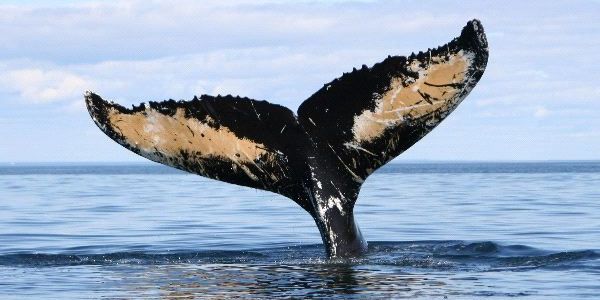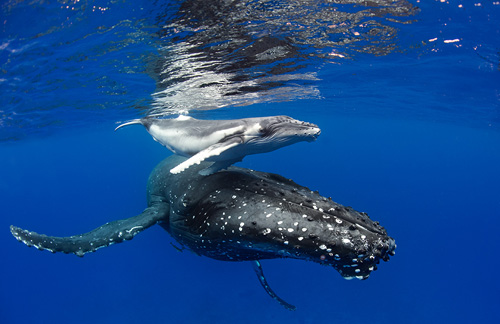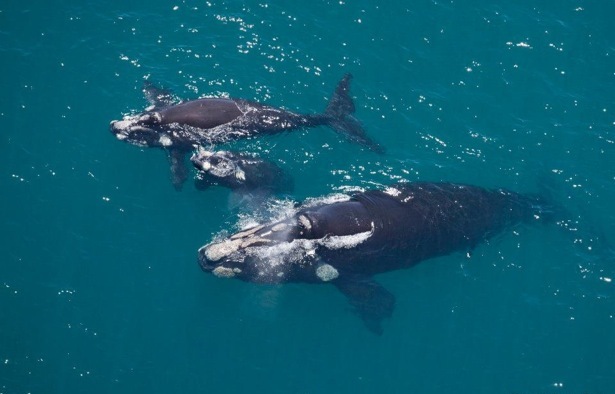

 |
Whales do not reproduce early in life, they often live a very long and healthy life. Research shows that whales can have a life span between 40 and 100 years. That is significantly longer than most other forms of aquatic life out there. Whales are mammals, all whale calves are born live. Whale calves grow inside their mothers. The calves are born with their fins emerging first.
The offspring are born during the migration process in most instances. Since the gestation period ranges from 10 to 16 months, it will depend on the type of whale you are looking at. It will also depend on how far they migrate and what their migration time frame is. The size of a whale calf will depend on the species and the size of the mother. A general guideline is that the calf will be about a quarter of the mother's length. This can mean some of the larger offspring such as those from Blue Whales will be bigger at birth than other whales will be when they are fully mature. Male whales are mature between 7 and 10 years of age. For females maturity occurs about 5 to 7 years of age. A female that is mature will generally have a new calf every 2 or 3 years. Female whales are very receptive to the courtship from the males during the mating season. They love the songs and the calls that they get. They also enjoy the touching that is very soft and even what many view as caressing during this period of time. However, after a male will mate with the female he is likely to go off and take care of other business. The females long for that type of interaction again which is why they are more willing to mate again and again with different males. During the mating season you will also hear changes in the calls and communications among the whales. Part of that change has to do with the fact that there is so much stress involved in the group. The rest of it has to do with mating calls. |
|
 |
||
Below is a short video of the Humpback Whale mating.